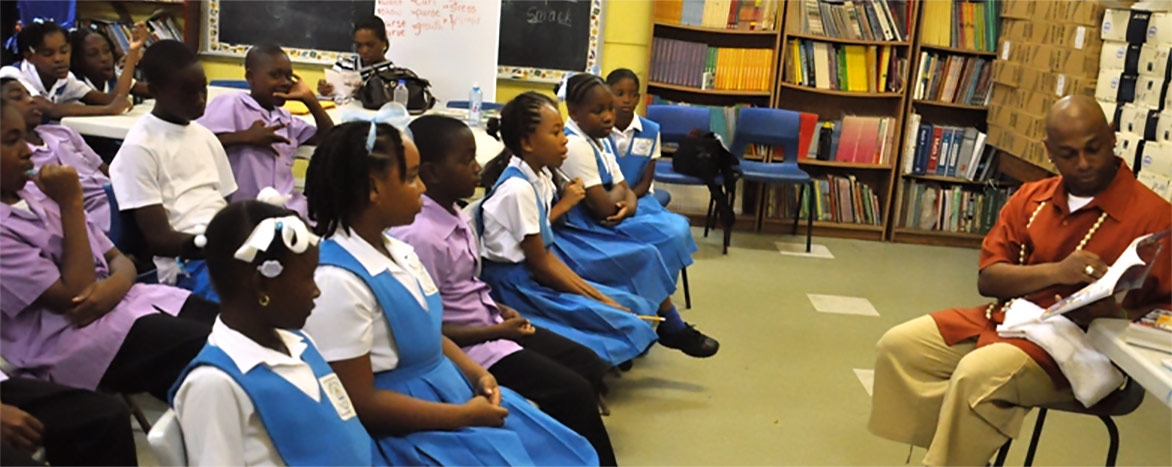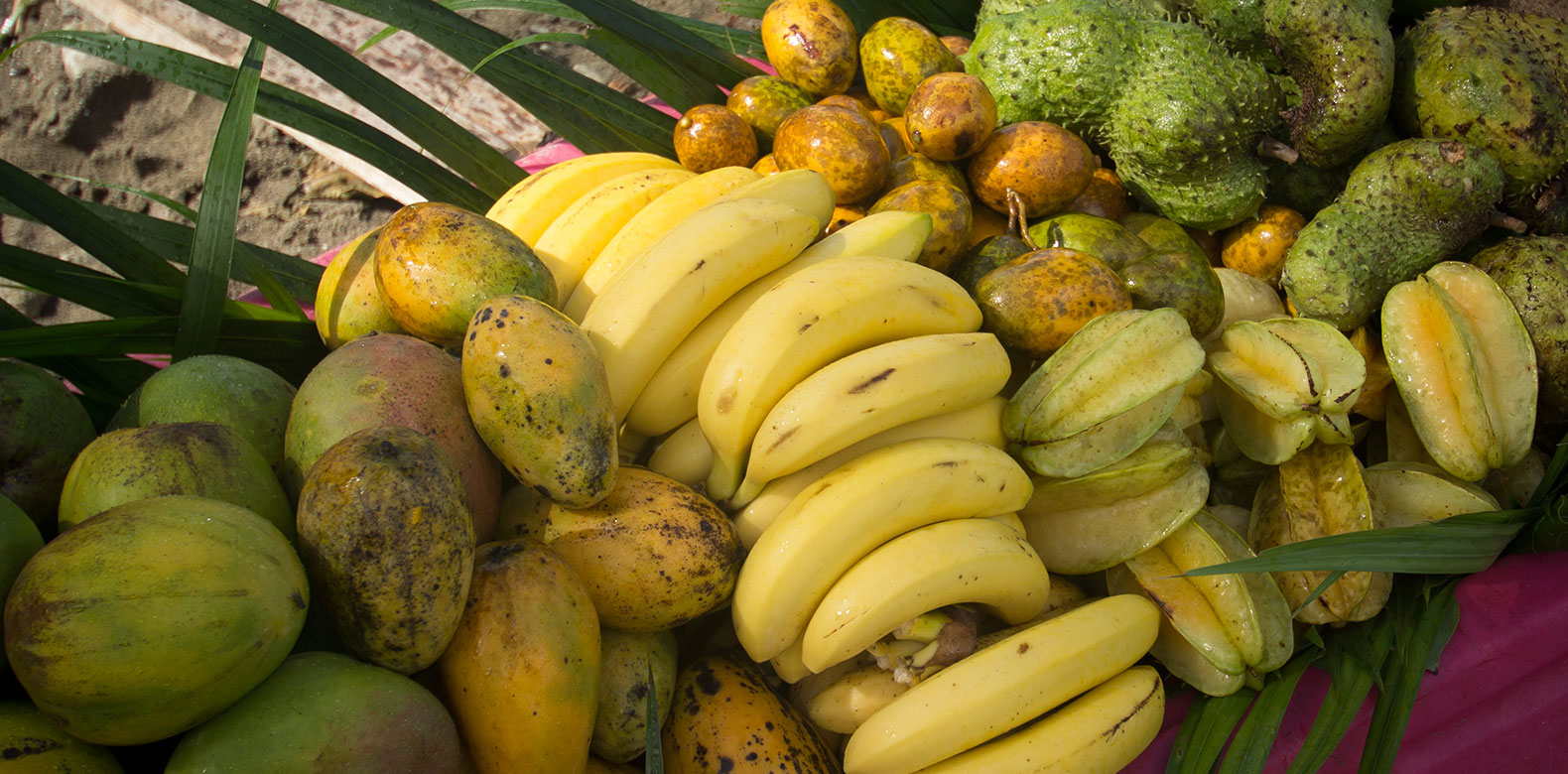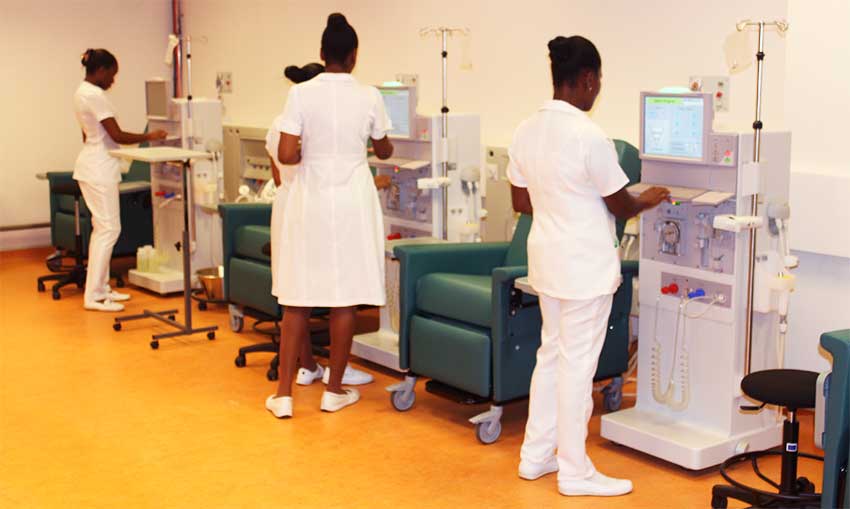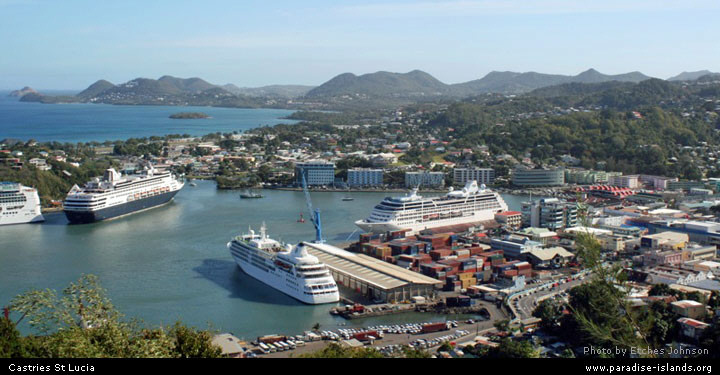Welcome to Vulnerability-Resilience Country Profile
The Vulnerability-Resilience Country Profile (VRCP) has been developed through a series of expert- and inter-agency consultations engaging the Technical Advisory Group of the EU-funded “ISLANDS” project. It was introduced and piloted in selected SIDS, since March 2013 VRCP provides guidance for monitoring progress in each of the thematic areas of the Samoa Pathway and using the resulting analyses to formulate policy and implement activities at the national level to strengthen resilience.
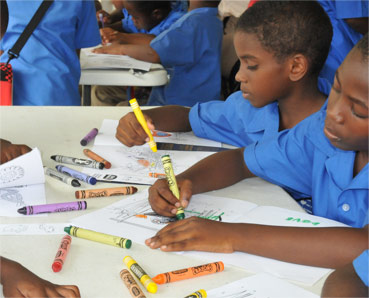
Education & Innovation
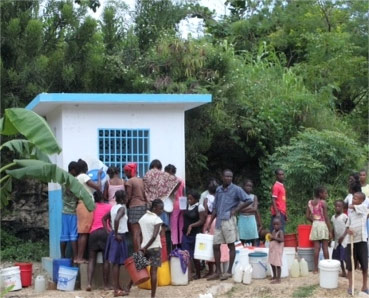
Water & Sanitation
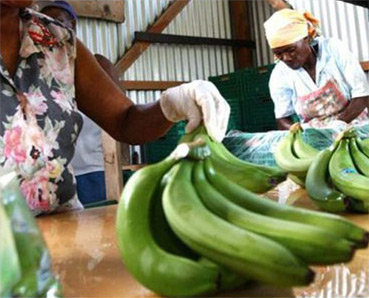
Food Security
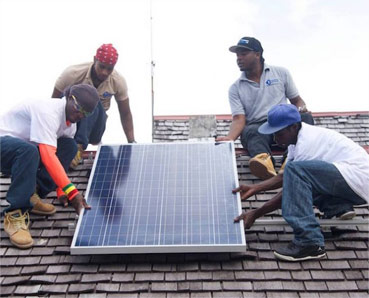
Energy

Health
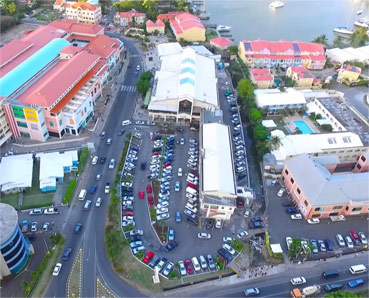
Infrastructure
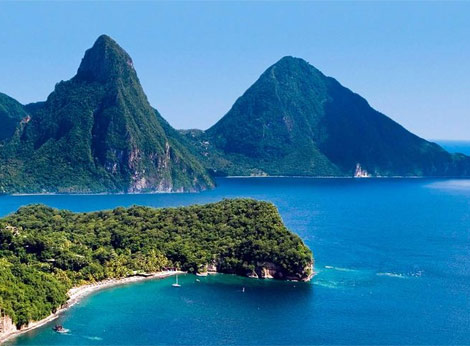
Global Value
The Vulnerability/ Resilience Framework has helped countries to create viable national policies, secure international financing and build capacity to boost resilience.
The framework gives small states the evidence base they require to build international support and secure financing to create strong and prosperous societies. It is now used by international financial institutions and development partners such as the World Bank and United Nations, resulting in a wider recognition of the vulnerabilities of small states and a more tailored response to their needs. While originally developed for policy-makers and researchers in small states, the framework is a valuable tool which can be used by other vulnerable countries around the world to measure their susceptibility and, ultimately, build their own resilience.
The Challenge
In addition to challenges of size and remoteness, small states are especially susceptible to external shocks such as global financial crises and natural disasters – often with devastating socio-economic consequences. Quantifying the level of vulnerability, and developing the most appropriate policy response to threats however has never been easy.
Some vulnerabilities are easy to track through macro-economic indicators. In 2013, for example, average gross domestic product growth in Commonwealth small states stood at 2.23 per cent – well below the global average of 3.07 per cent. Other vulnerabilities related to the environment, governance and societal factors are more difficult to measure and must be understood in a broader context.



